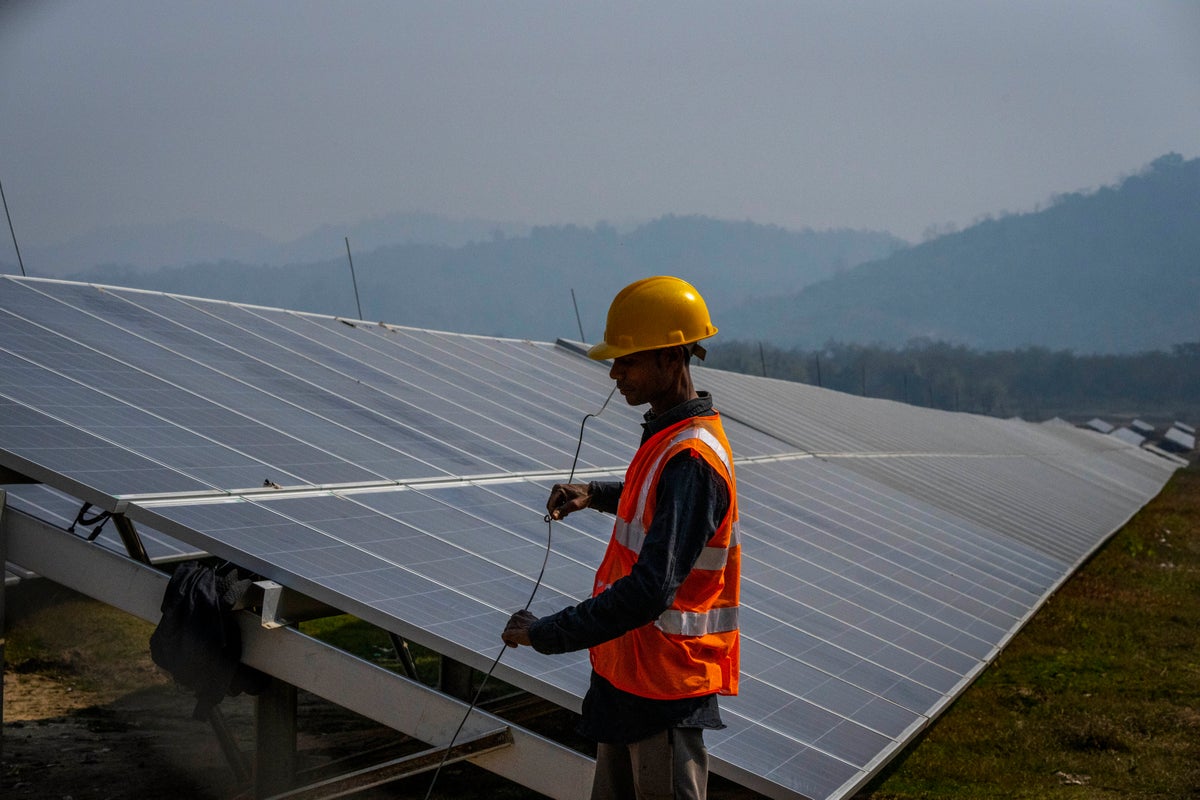
On the heels of finalizing its updated climate targets, the Indian government took another step toward their climate goals by passing amendments to a 21-year-old energy conservation bill, which makes it easier to put a price on carbon emissions and encourages the use of non-fossil fuel sources to generate power across the country.
The bill sets out a minimum requirement for renewable energy use for corporations and residential buildings. It also grants clean energy users carbon-saving certificates that can be sold or traded and lays out a new energy efficiency standard in homes, which account for 24% of India’s electricity use.
There are also penalties for corporations who aren't using an adequate amount of renewable energy sources to power their operations.
The bill is “a positive step” towards India's climate targets, said Madhura Joshi, India energy transitions lead at E3G, a climate change think tank.
“The share of clean energy sources powering India’s industries and homes will definitely increase as a result of this bill,” he said.
Last week, India committed to reducing emissions caused by activities for the nation’s economic growth by 45% by 2030 from 2005 levels. The country also plans to get half of its energy requirements from non-fossil fuel-based energy sources by 2030, and promote a federal government program that encourages people to make green lifestyle changes.
“Every unit of energy saved or conserved is critical for reducing emissions,” said Bharath Jairaj who leads the World Resources Institute’s India energy program. Including large residential buildings into building codes that require energy conservation is a key highlight of the bill and reducing emissions, he said.
Scientists say cutting greenhouse gases is essential for limiting the effects of climate change, which has already brought hotter weather and more devastating floods to India.
The bill is also the first time the Indian government has proposed a carbon trading system. Unlike in a few other parts of the world, the so-called carbon market is still a fledgling idea in India, Jairaj said.
“(It's) bound to become an important tool to reduce greenhouse gas emissions in India,” he added.







